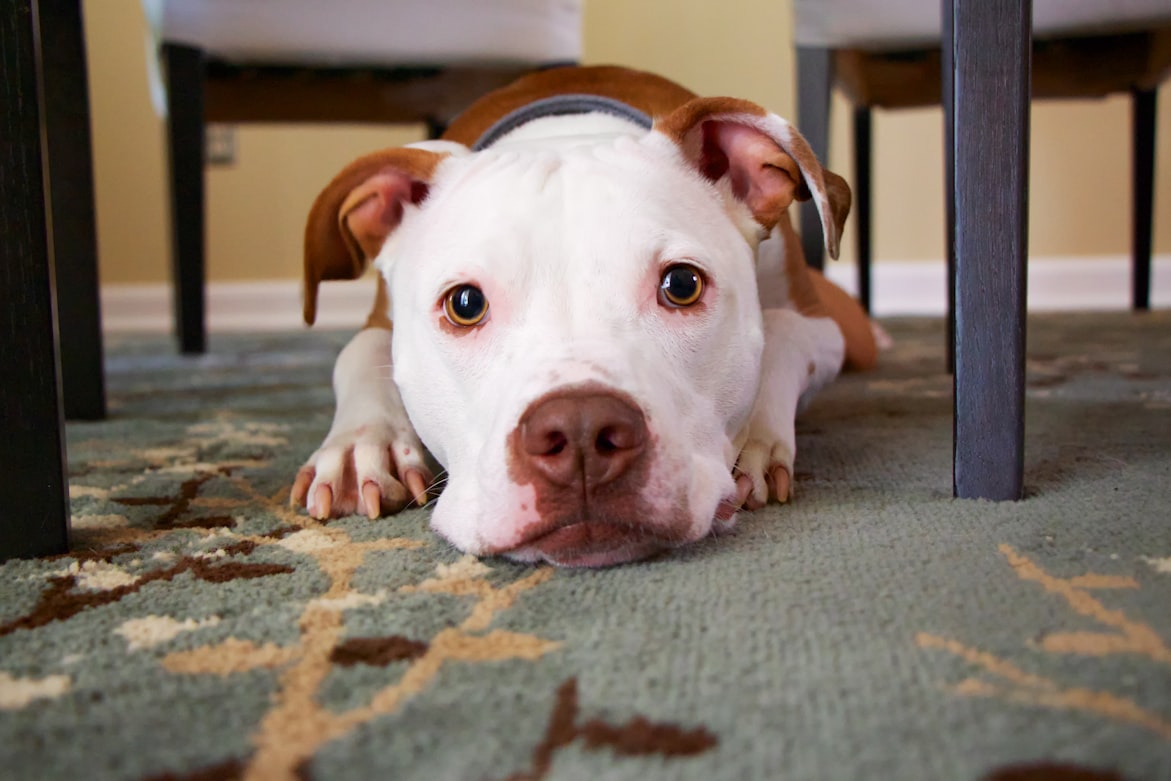Potty Training Tips for Disabled Dogs
Tuesday, November 30, 2021 13:03:22 PM America/Los_Angeles
As if potty training wasn’t stressful enough, having a disabled fur baby brings an additional set of challenges that can make training feel overwhelming or downright impossible for even the most seasoned dog pawrent. However, a disability doesn’t mean that potty training is out of the question. As long as they’re able to go potty on their own and their pet potty is made accessible, it’s not altogether different from training any other pooch!
Photo by Mike Burke
The primary potty training challenges that a disabled dog might face are:
- Mobility
- Incontinence
- Accessibility
While potty training a disabled dog will be similar to training other dogs, there will have to be some adjustments to address any of the above issues that your pup deals with. Successful training of disabled dogs requires owners to consider accessibility and mobility issues to make going potty as easy as possible for their furry ones.
Provide an Indoor Dog Bathroom
Using pee pads indoors is essential for disabled dogs for a number of reasons. They address mobility issues by making it easier to reach the potty in time, and they accommodate accessibility concerns because they can be moved around to suit your dog’s needs.
Clear Pathway to Pet Potty
Whether your pup needs to reach the doggie door or the dog bathroom, make sure that the path is clear of any obstructions. This includes rugs, cords, or any other objects that may make it difficult for your dog to get to their potty in time.
Make Dog Potty Easily Accessible
Accessibility is about more than making sure that the floor is free of clutter. Placement is a critical factor--especially during the potty training process. Disabled dogs should not have to climb stairs to get to the wee wee pad. If you live in a two-story home, place a pad on each floor. Potty pads should also be in an easy-to-reach area instead of tucked away in the corner of a garage or a rarely used room.
Consider Overnight Potty Needs
Even if your disabled pup may be going through potty training with flying colors, they’ll still need some special accommodations. Though your dog might successfully reach the pee pad in the daytime, that may not be the case at night. Have one near wherever they sleep. If that happens to be on the bed, a ramp may be a helpful accessory for making sure they can reach the potty as needed.
Follow Usual Potty Training Protocol
While your pup may have special needs, the main guidelines of traditional potty training should still be followed. Establishing a schedule, repeating command phrases, and using positive reinforcement are important for successful training. Even incontinent dogs may try to reach and use the potty, so trying to establish a routine will be useful in the long run.
Give Lots of Praise (and Treats!)
Positive reinforcement is just as, if not more, important for disabled doggos. They may be more easily discouraged as it will take extra effort on their end. Never scold them for accidents, and double up on the love instead when your dog gets it right. Be sure to offer a wholesome treat to ensure that your fur baby knows they’re headed in the right direction!
